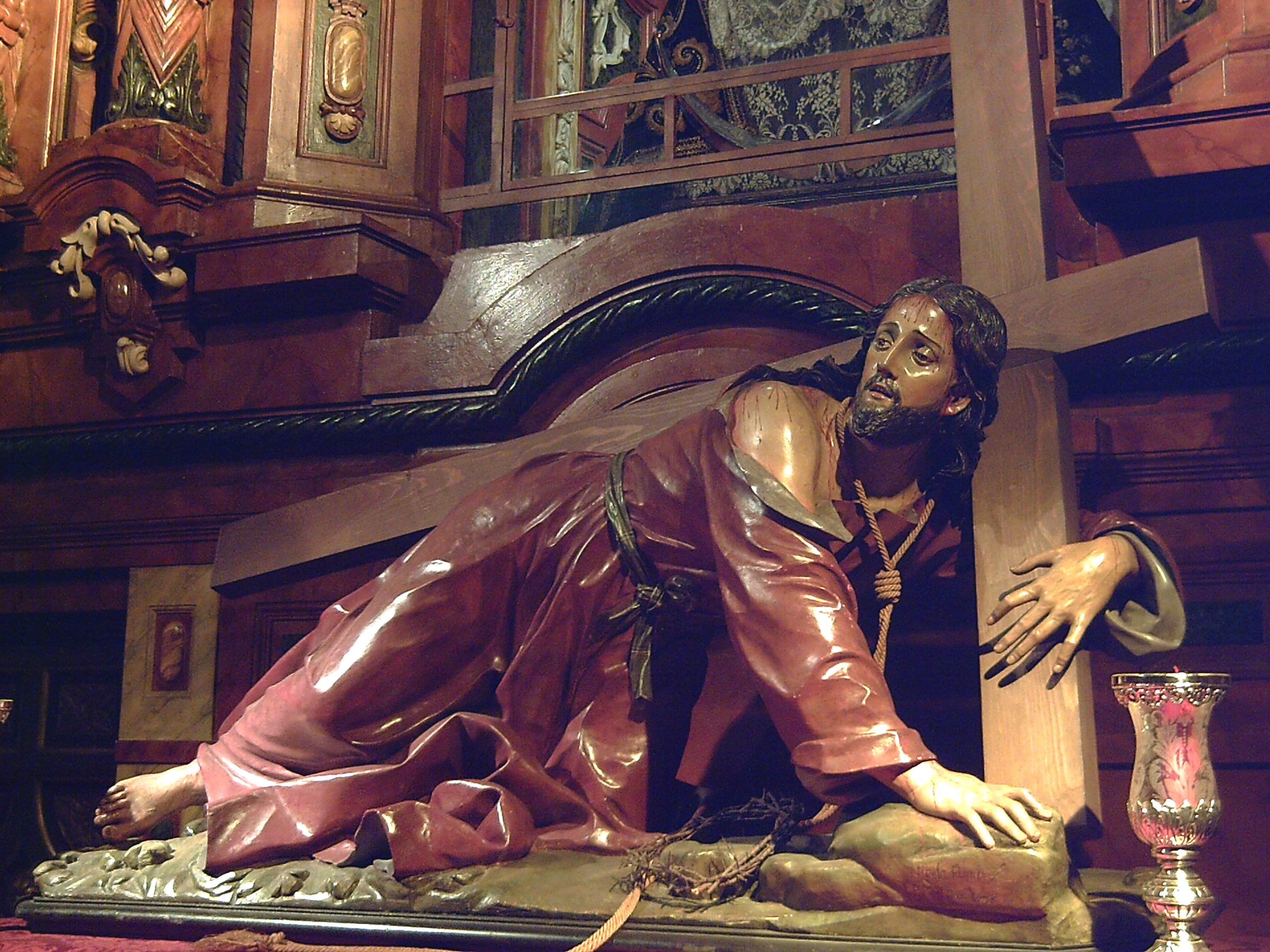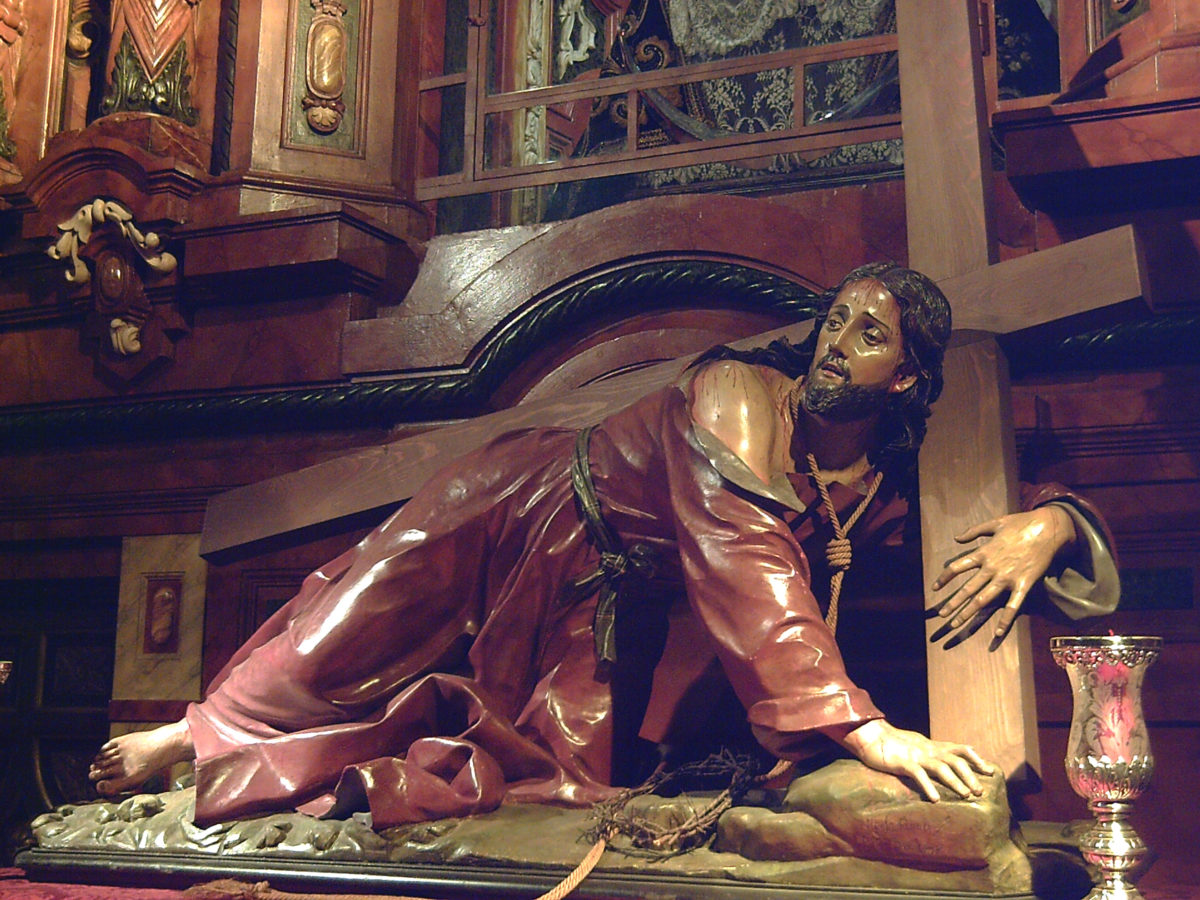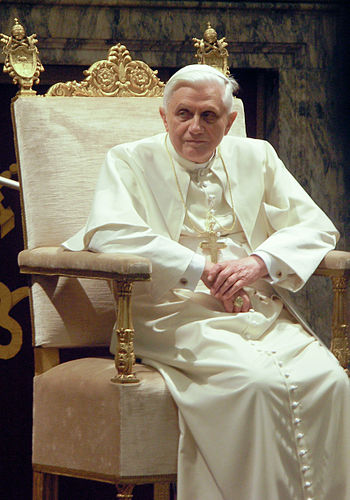Perseverance is not a word exactly tied to pleasant thoughts. The definition is “steady persistence in a course of action, a purpose, a state, etc., especially in spite of difficulties, obstacles, or despair.” One does not persevere unless there is an element of unpleasantness. Take physical exercise for example. You gain strength only by working through pain and fatigue. Or think about a healthy diet. You have to deny yourself the temporary pleasures of cookies, cakes, and other sweets to achieve the more long term goal of staying fit and avoiding diseases. What about our spirituality? Does perseverance play a role in praying the rosary?

I’m not going to get all kumbaya on you. Yes, I know that the rosary is a great prayer and I’ve spoken about its benefits for the last six years. But that doesn’t mean the rosary is an easy prayer or very relaxing for that matter. It is a prayer where we must demonstrate perseverance. And as time goes on, it seems like persevering through rosary prayer becomes an even larger challenge than in past generations. We live in an age where attention spans are narrowing. If a three minute YouTube video is considered long, then 20 minutes of rosary prayer is an eternity. The rosary can become repetitive and boring when compared to the instant gratification most of us have at our fingertips via our smartphones, computers, and televisions.
Now before you start saying that I’m a rosary hater, keep in mind that I’m echoing the same sentiment as St. Louis de Montfort in The Secret of the Rosary. He writes in his 43rd rose about how we have to fight distractions and persevere through the rosary to strengthen our faith:
Even if you have to fight distractions all through your whole Rosary be sure to fight well, arms in hand: that is to say, do not stop saying your Rosary even if it is hard to say and you have absolutely no sensible devotion. It is a terrible battle, I know, but one that is profitable to the faithful soul. If you put down your arms, that is, if you give up the Rosary, you will be admitting defeat and then, having won, the devil will leave you alone. But at the Day of Judgment he will taunt you because of your faithlessness and lack of courage. “He that is faithful in that which is least, is faithful also in that which is greater.” He who fights even the smallest distractions faithfully when he says even the very smallest prayer he will also be faithful in great things. We can be absolutely certain of this because the Holy Spirit has told us so.
I’ve said it before, rosary prayer is a spiritual exercise. Much like running that extra mile even when you’re tired, praying the rosary devoutly in the face of the seemingly boring repetition will strengthen you spiritually. Perseverance isn’t the act of enduring one large hardship. Many of us can muster the strength to face one large challenge. It’s the act of overcoming a series of hardships, both large and small, over a long period of time. But if you can persevere in praying the rosary devoutly day in and day out, then you’ve proved to yourself that you have the ability to persevere in resisting sin and temptation as well. Like exercise, rosary prayer’s little gains start to show incremental, if not exponential, returns in the long run.
Not only is praying the rosary itself an exercise in perseverance, the mysteries also teach us that perseverance brings us closer to God’s grace. The most obvious one is the Fourth Sorrowful Mystery — Jesus taking up his cross. Three of the stations of the cross explicitly call out Jesus falling and getting back up. Jesus endured the pain and hardship because he understood the importance of doing God’s Will. Similarly, we are called to live God’s Will even when it proves difficult or the rationale is incomprehensible. When life gets difficult, many of us give up and become angry with God because the suffering makes no sense to us. But the Fourth Sorrowful Mystery teaches us to instead put our trust in God’s plan even when we cannot understand it.

Perseverance, whether it’s praying the rosary routinely or continuing to love God in times of great hardship is the ultimate form of faith. You tell God, “I may not understand why you asking me to endure these hardships, but I will because I love you and I know they will ultimately bring me closer to you and your kingdom of Heaven.” That is the essential nature of faith — loving God even when he asks you to persevere through hardship.































































